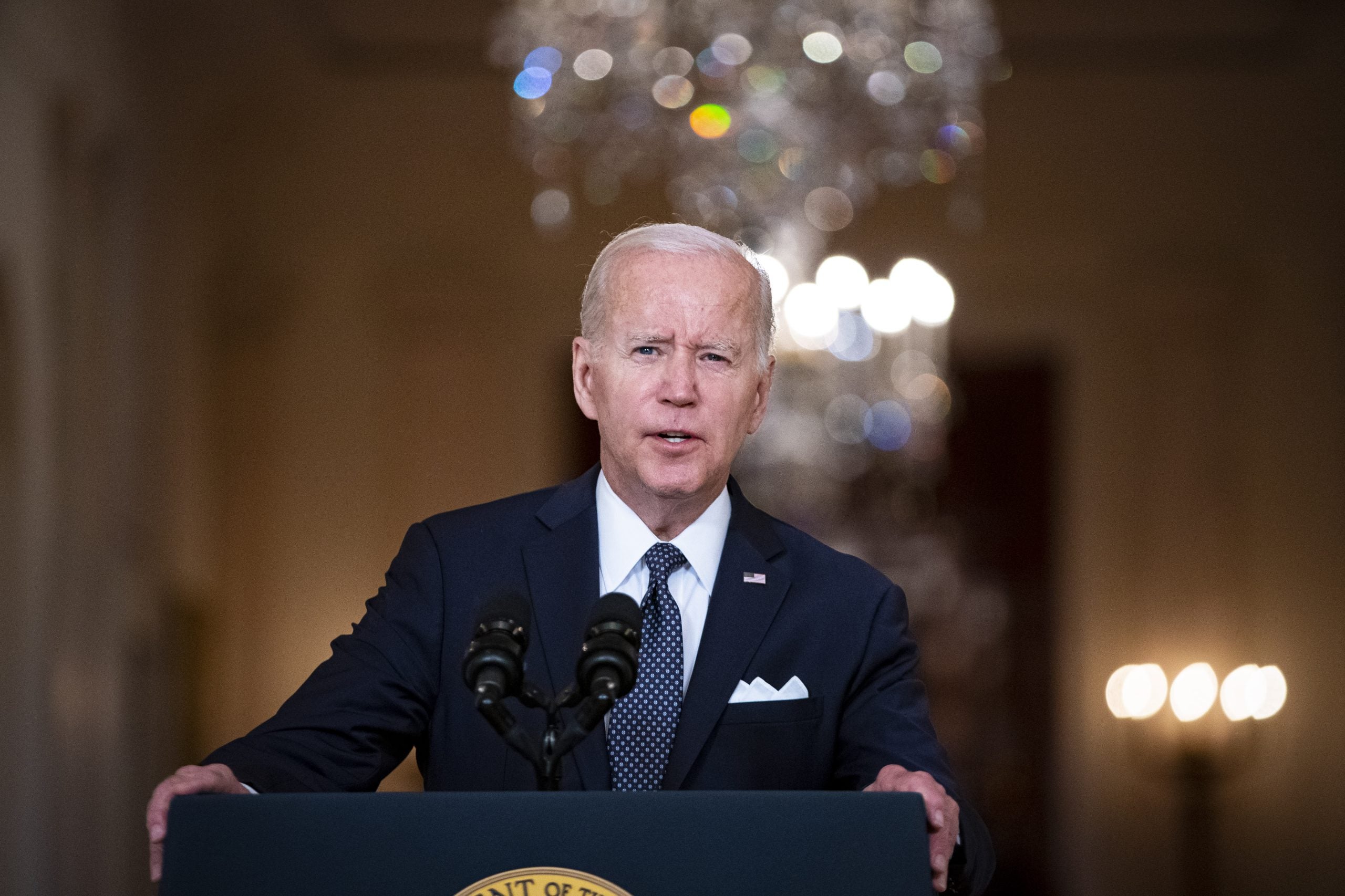
As President Biden reportedly closes in on a plan of partially canceling student debt, the pressure on the administration is mounting to ensure that Black borrowers, who are disproportionally saddled with student loans, will be helped.
The latest data shows that “student loan borrowers in the United States owe a collective nearly $1.75 trillion in federal and private student loan debts as of April 2022”, according to the Federal Reserve Bank of St. Louis.
A closer analysis of the numbers by the Education Data Initiative highlights the racial disparities—”Black and African American college graduates owe an average of $25,000 more in student loan debt than White college graduates [and] four years after graduation, 48% of Black students owe an average of 12.5% more than they borrowed.”
Many Republicans are against loan forgiveness, claiming that doing so would be unjust and would increase the inflation rate. GOP Senator Mitt Romney tweeted, “If the Administration decides to cancel nearly $2 trillion in student loan debt, it would be wholly unfair to those who already repaid their loans or decided to pursue alternative education paths.”
In an online statement, Congressional Black Caucus Chair Joyce Beatty said, “This is a crisis created through policy decisions, and we have a responsibility to address it head-on…Canceling student loan debt is one of the most impactful ways to address ongoing economic and racial inequities plaguing our nation.”
Progressive lawmaker Ayanna Pressley stated, “For too long, this crisis has disproportionately impacted our families and communities, particularly Black women who carry the most student debt due to discriminatory policies that systemically denied generational wealth building.”
The outcry against forgiving student loans is disproportional to reality; however, as more reports on the student loan cancellation come to light, it is anticipated to only be $10,000 per borrower.
Advocates do not believe this is enough.”The impact that $10,000 would have would be so minor, that it wouldn’t really address the real issue for Black borrowers,” the NAACP’s Youth & College Division director Wisdom Cole told The Hill.
Some are even arguing that “the White House should go as far as possible in cancellation to address the disproportionate amount of federal student debt carried by Black borrowers, pushing for total cancellation of debt.”
Evidence from the Department of Education reveals that a $10,000 cancellation of everyone’s federal student loans would benefit the majority of the country’s 41 million borrowers and “would settle the balances of roughly a third of borrowers, while cutting total debt by at least half for another 20 percent.”
But as the speculation around the exact amount of student loan cancellation continues, White House spokesperson Vendant Petal, said “No decisions have been made yet.”
In the meantime, these calls to action are occurring during a pause on student loan payments, which is set to expire at the end of August. Additionally, with midterm elections coming up this November, President Biden’s actions on this front are expected to impact the polls.





